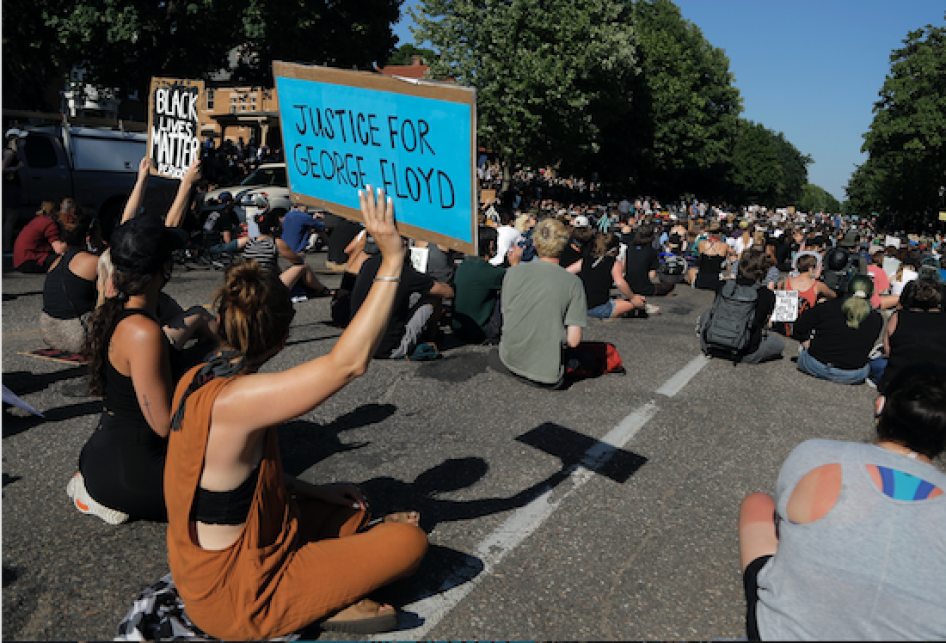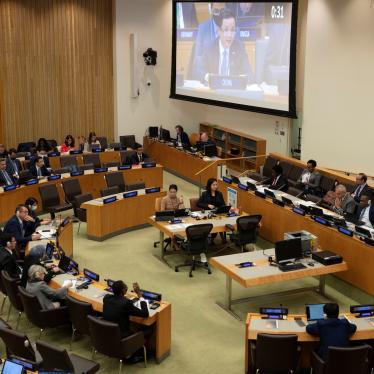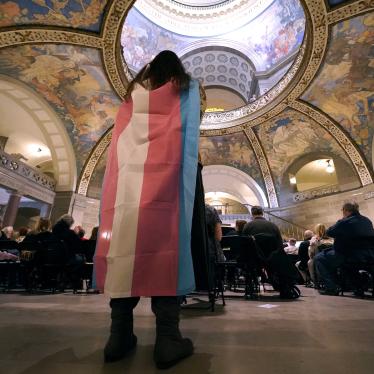Madame President,
Human Rights Watch welcomes the first oral update on the implementation of resolution 43/1, which underlines structural racism’s devastating impacts on human rights. Structural racism is caused by government policies, institutional practices, and cultural representations across systems like health, education, housing, and criminal justice that interact to exacerbate and perpetuate racial group inequity. In the United States, an understanding of structural racism should shape authorities’ approach to addressing police brutality and the need for reparations for slavery.
Police Violence and Structural Racism
The police killings of George Floyd, Breonna Taylor, Jacob Blake and countless other Black people in the United States require responses that go beyond ensuring accountability for police misconduct and reforming the criminal legal system. Responses should include crucial investment in Black and brown communities and reimagining the role of police in society.
Black people in the United States have higher rates of poverty and unemployment than white people, have shorter life expectancies, get poorer health care, attend underfunded, highly segregated schools, and are more likely to lack access to healthy food. Slavery and subsequent discriminatory policies have kept Black people from accumulating wealth. Many US jurisdictions aggressively police poor and minority communities, compounding the harm with high rates of incarceration and police violence.
Reparations
The poverty and inequality in Black communities today are directly connected to the legacy of slavery. That legacy includes violence targeting Black communities, like the 1921 Tulsa Race Massacre, in which a white mob in Oklahoma killed approximately 300 Black people and burned more than 1,200 neighborhood buildings down. It also includes legalized segregation under “Jim Crow” laws and later policies and practices like redlining and housing discrimination.
Madame President,
As the grim milestone of 100 years since the 1921 Tulsa Race Massacre approaches, Human Rights Watch calls on the United States to repair ongoing, devastating wrongs stemming from slavery, which continue to impact Black people in the United States today. We urge the High Commissioner to ensure that her final report under resolution 43/1 examines the root causes of structural racism and the impacts of slavery and subsequent discriminatory laws and practices in the United States, and set out clear recommendations for the Council to pursue redress and accountability measures for these practices, including reparations.







